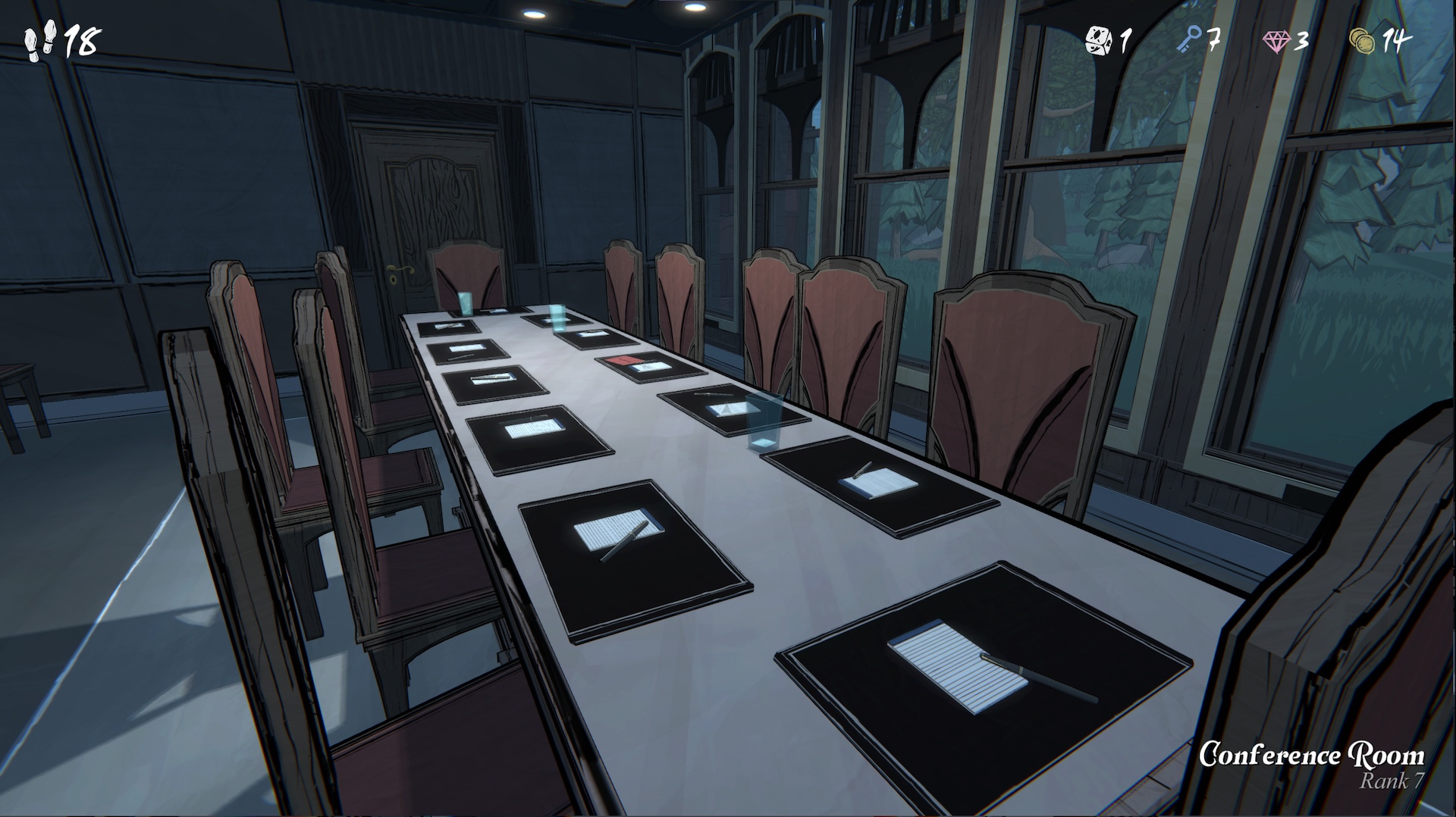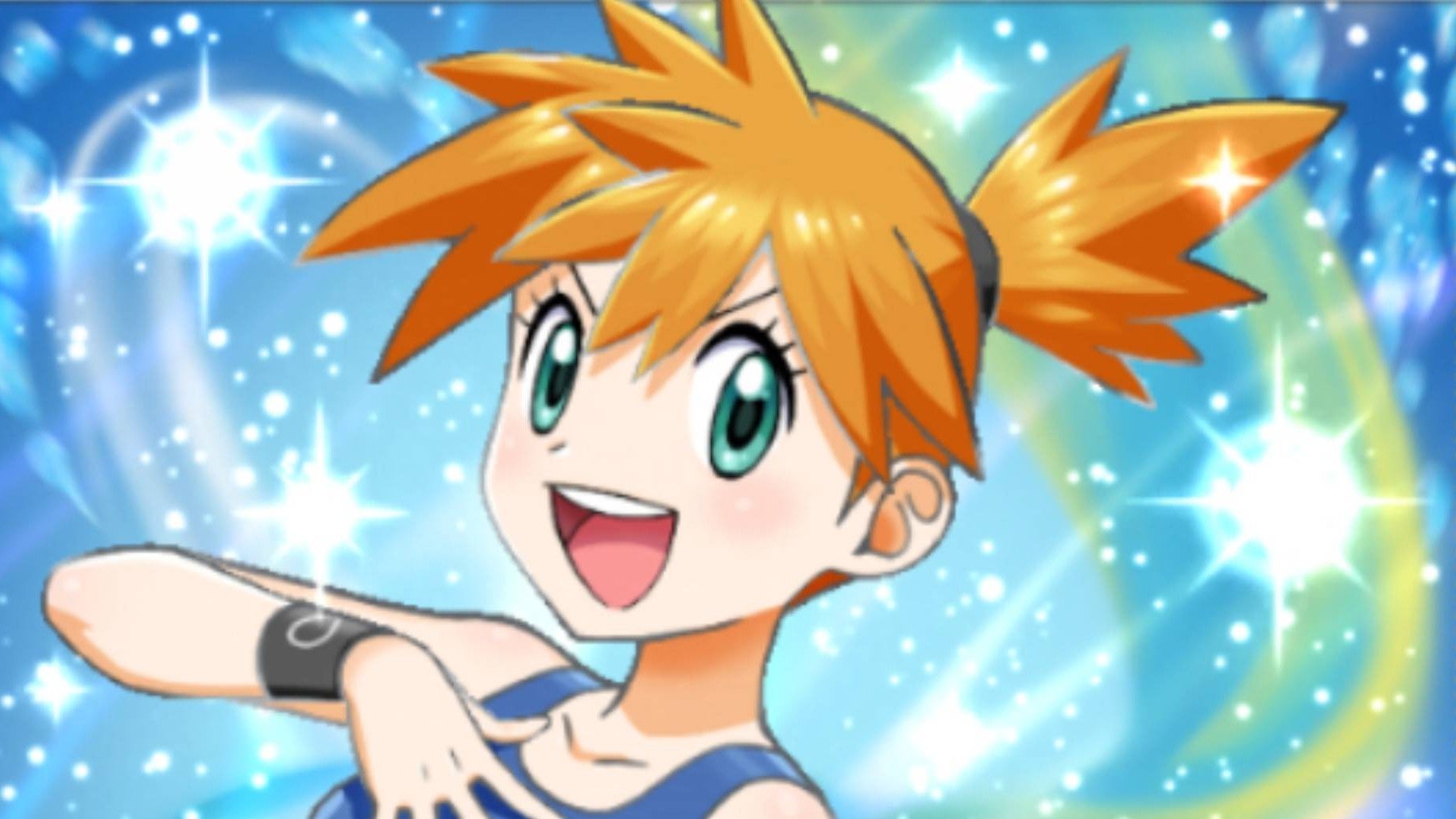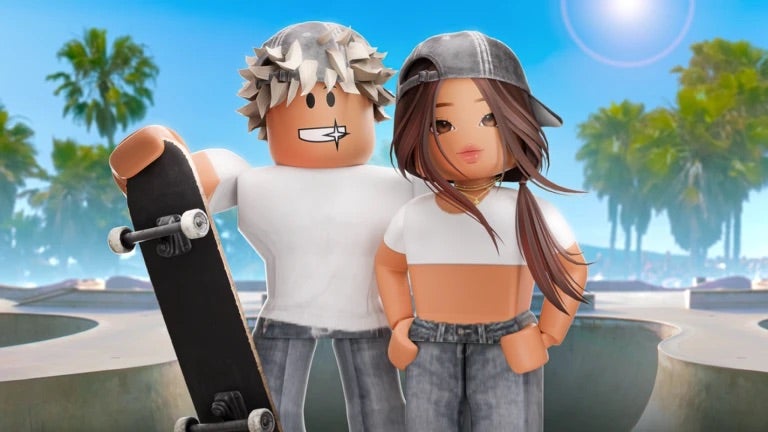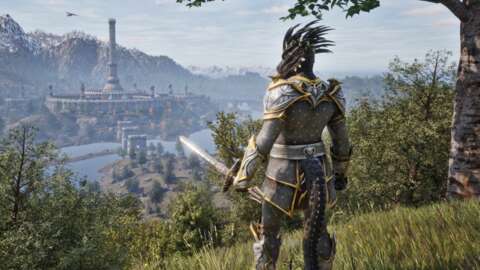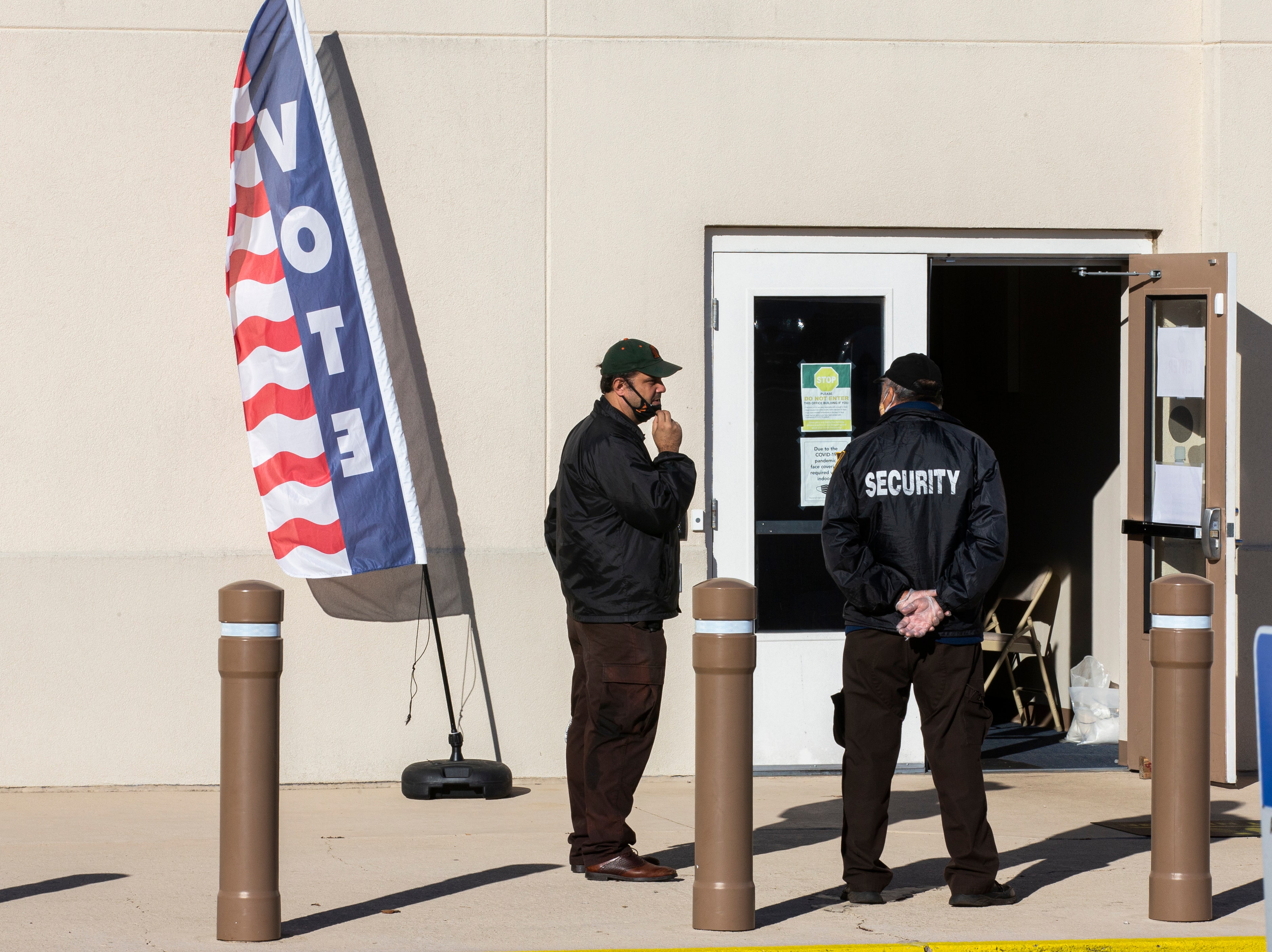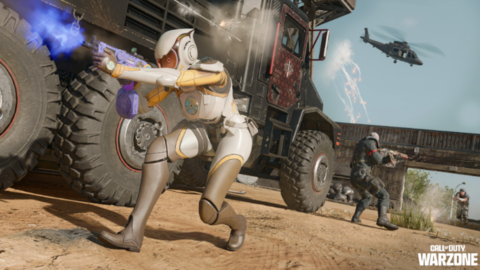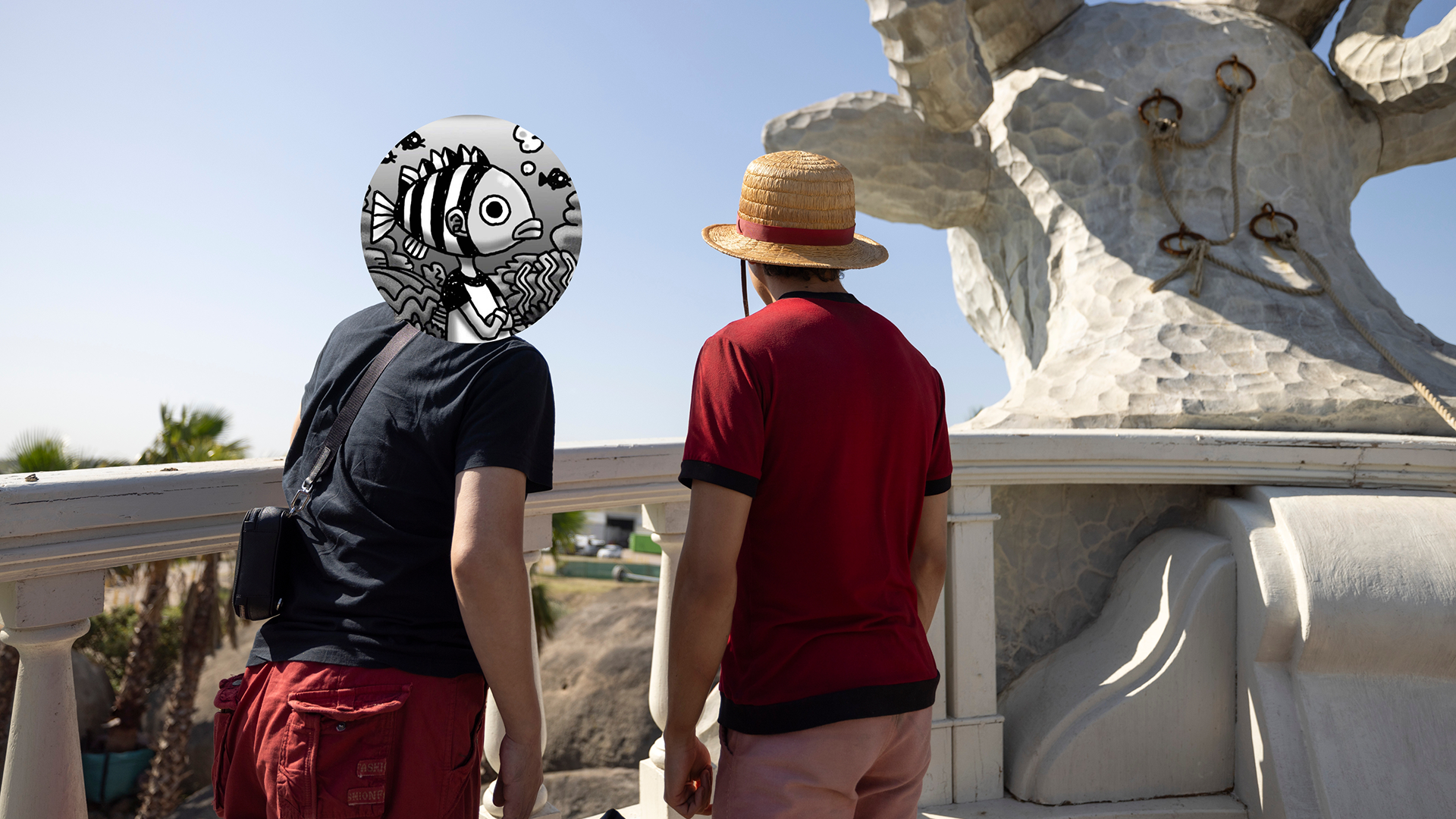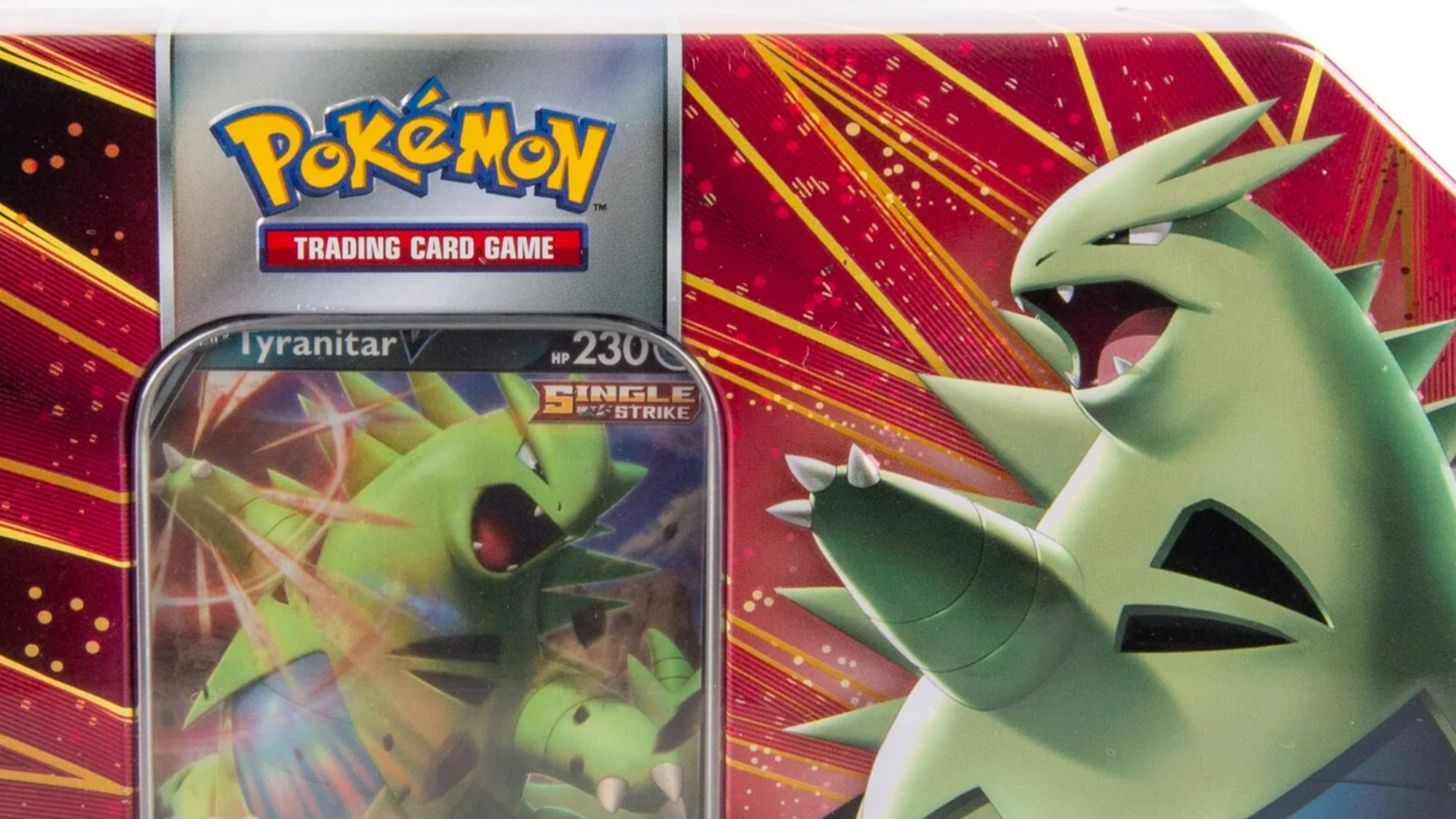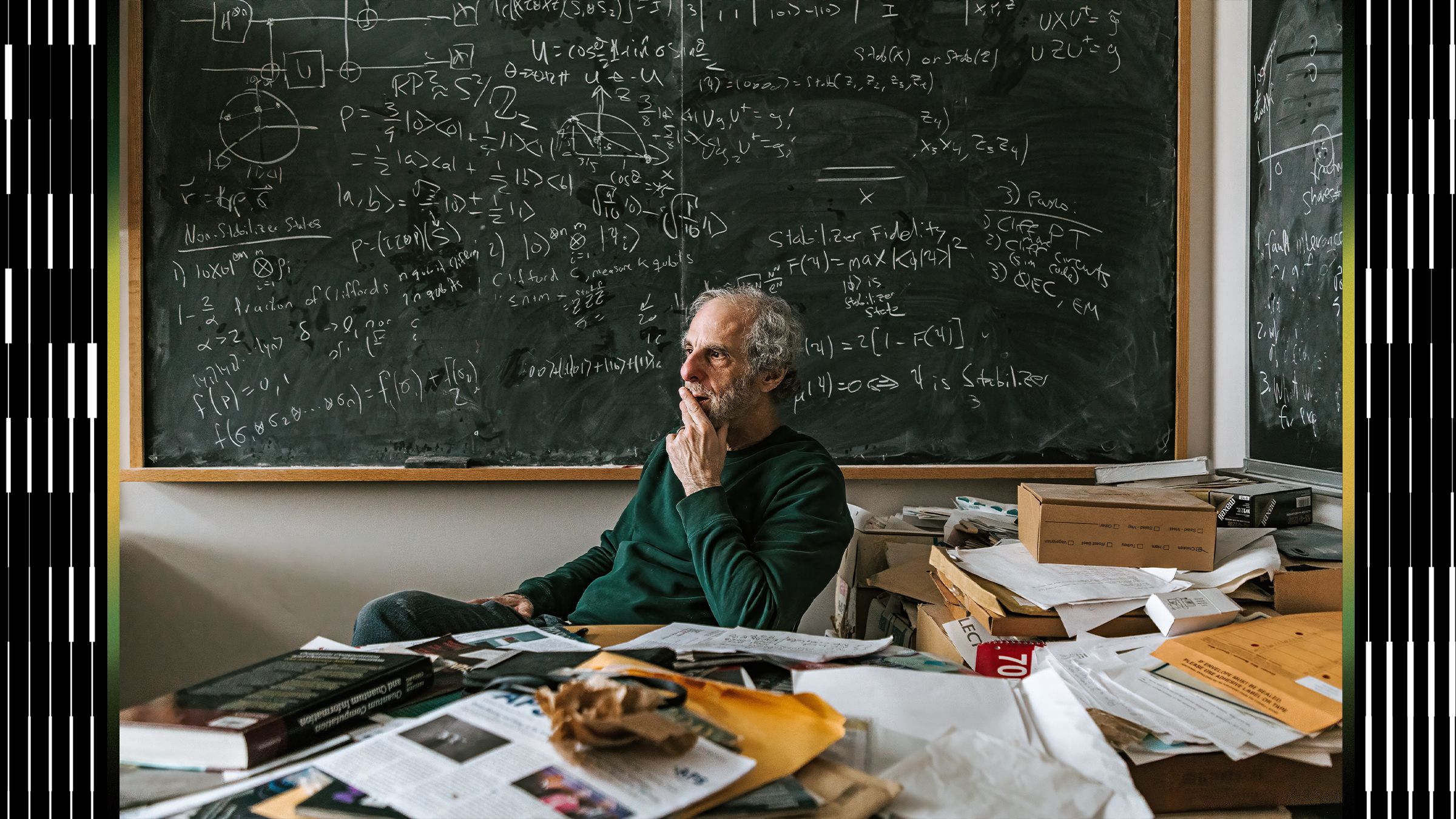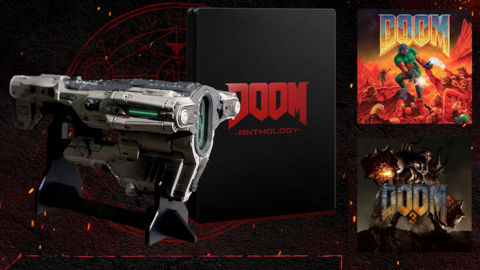
The moment I knew Blue Prince was my kind of game was when I found a scrap of paper strongly encouraging me to take notes in a journal. You see, I’m something of a note-taking game aficionado. I want to jot down codes, diagram a puzzle, connect the dots. And Blue Prince might be one of the best note-taking games I’ve ever played.
First, when it comes to organizing my notes, Blue Prince makes it very simple: I just add a new section for each room I uncover. While I enjoy the aesthetics of my incomprehensible Fez and Animal Well notes, they were a little hard to follow at times. It was hard enough figuring out what I should be taking notes on in those games, which can be part of the challenge, but also makes it hard to keep things orderly.
My notes in Blue Prince still have a little bit of the conspiracy cork board look to them, but by simply organizing them by room it’s much easier to page through and find what I’m looking for. If I find a new clue in one room and have a eureka moment, I know exactly which room I need to draft to complete the puzzle. It even reinforced what I think is the simplest bit of advice I can give players who get hung up on a certain puzzle: just draft some new rooms. The pleasure of adding a new room to my notes finally got me to try some dead end rooms I didn’t realize could be so important.
That’s exactly why I think taking notes works so well with the game’s roguelite structure. Many roguelikes and roguelites give you a taste of progress on each run, and Blue Prince is no different: Without revealing too much, there are “upgrades” you can find that will make your future runs more successful. But sometimes what you gain on a run is simply something new to jot down in your notebook. Will it matter for a future puzzle or the story? Maybe, but either way I have always felt like I’ve made progress on nearly every run (I don’t think I needed to draw a picture of the billiard table, but it does make my notes look cooler).

Of course, the game encourages taking notes because it makes solving many of the game’s puzzles much easier. Deciphering what is worth taking a note of is part of roleplaying as a detective: Finding the answers you need means knowing what questions to ask. Solving a puzzle is always a high point of note-taking games, but I’m often more thrilled when I figure out how to solve a puzzle. Cracking that nut is what notes, especially physical notes, really help you accomplish because you can lay out the information you have, rearrange it, and find new connections.
I realize that not everyone enjoys taking notes while playing a game or prefer to take digital notes instead of physical ones. Some games, like Return of the Obra Dinn and The Roottrees Are Dead have exceptional in-game note-taking that made it easy enough to set aside my journal. One of my favorite games of all time, Outer Wilds, has an ingenious in-game chart for visually connecting your clues. But Blue Prince reminded me how good it feels to hold the pen and pad in my hands again.
